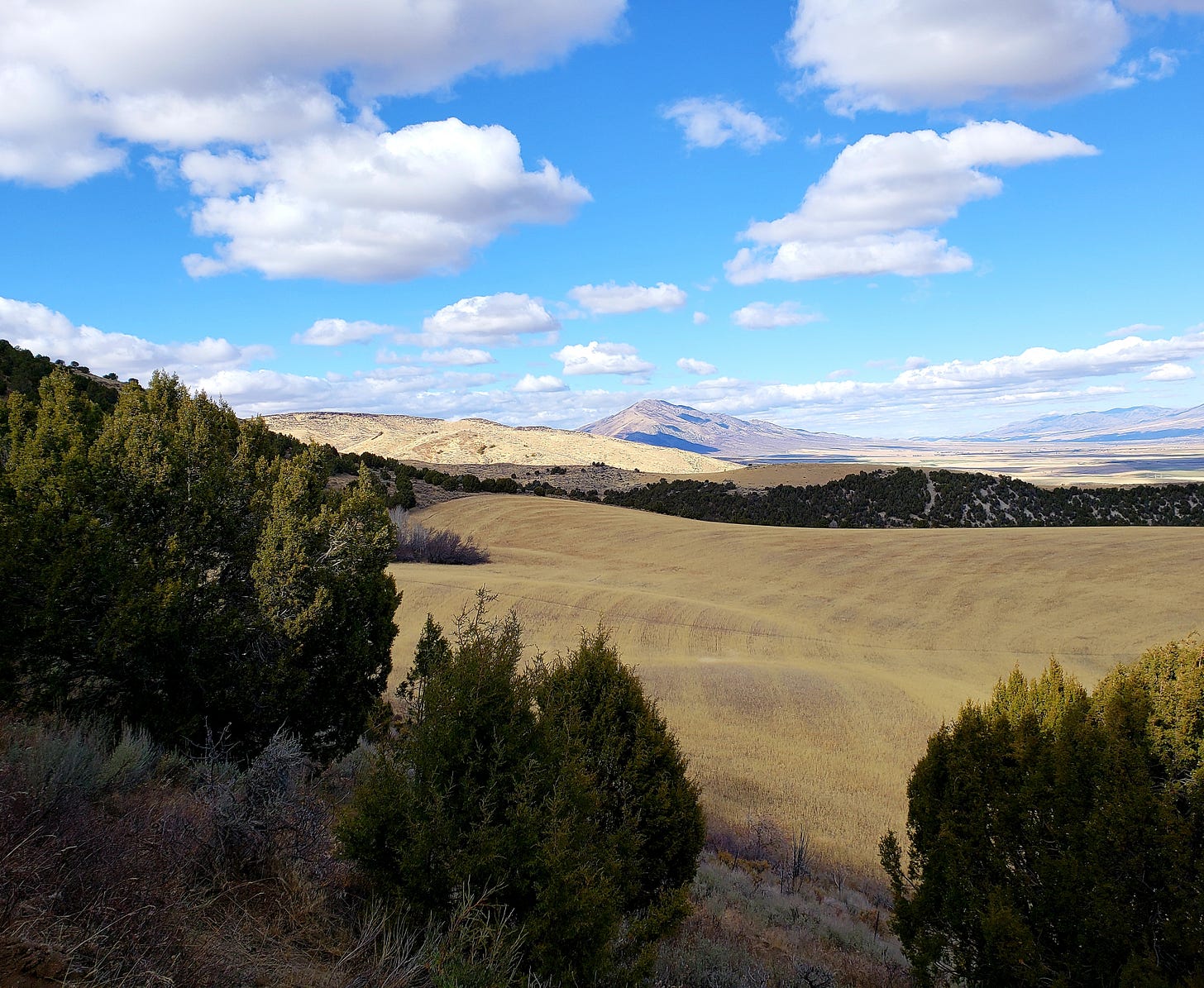Why we don't have a solution to mass shootings
Because neither the left or the right might like it.
It's nearly impossible to write, this week, about anything other than the tragedy that has unfolded in Texas, where, as of this writing, 19 fourth grade students and two adults have died as the result of a mass shooting at Robb Elementary School, in Uvalde. It's gut-wrenching in every way. Every parent should have the expectation that when they send their child off to school in the morning that they'll be returning home later that same day, alive.
That did not happen in Uvalde. And though statistically infrequent, this happens in America more than it should.
School shootings are, indeed, a relatively rare phenomena. As a child, you are far more likely to die of an allergic reaction to an insect bite, or in a car accident (by orders of magnitude) than you are in a school shooting. But school shootings do regularly happen. And thanks to the sensational nature of each incident, they dominate news cycles.
Twenty one shooting deaths is about a week in Chicago, 52 times a year. But no one seems to care much about that. Or is it just that the narrative in Chicago is inconvenient?
The media blitz that accompanies each school shooting invariably includes a parade of media talking heads and politicians pointing fingers, blaming the other side for what has happened – each side completely washing their own hands of any responsibility.
If hell exists, I'm reasonably sure that there's a special place in it for the likes of Beto O'Rourke, who used the Uvalde mass shooting to curry favor with the left, and Wayne LaPierre, who uses mass shootings to solidify his support from the right.
No one knows, with any certainty, why mass shootings occur in this country. And because of this lack of knowledge, no one knows what to do about them either. The American left and the right occupy remote, widely separated parallel universes when it comes to the causes of gun violence. While there's no dearth of finger-pointing, there's an extremely austere landscape of solutions that are likely to fix anything.
I'm not even sure that we even know exactly how common mass shootings are here - as compared to anywhere else. The oft touted statistic that the USA leads the world in mass shootings is based on a single study that incorporated some questionable methodology and relied on data that's, at the very least, incomplete. It might be right, it might not. It's the same with general gun violence, and for that matter, all violent crime. There are a lot more anecdotes than confidence-inspiring research.
I don't think that any of this is completely by accident. The left is currently screaming into every TV camera they can find, pushing gun-control measures that would have done nothing to prevent not only the tragedy in Uvalde, but most other recent mass shootings as well (and would run well afoul of the U.S. Constitution). The right has a playbook that seems to consist of a single word, prayer, on every page.
If the passionate speech from both the left and the right on mass shootings, in general, and school shootings, in particular, is to be taken at face value (yes, I'm aware of the giddy nature of this assumption), it leads one to wonder why more top-flight research is not being done in order to figure things out. While I'm unsure of what good data would reveal, I'm as sure as I need to be about why we don't have any. It's because both sides are very worried about what might be revealed if we drilled down into the root causes of murder and violence deeply enough.
The right is worried about the erosion of First and Second amendment freedoms – and not without reason. You give gun-control advocates or free speech opponents an inch, they'll take a mile. I am very close to a free-speech absolutist (even for Bigfoot knuckleheads). The Second Amendment is a fundamental right not so that you may go squirrel hunting, but so that you don't end up a situation similar to what Ukrainians are experiencing right now.
Good luck usurping either of these.


